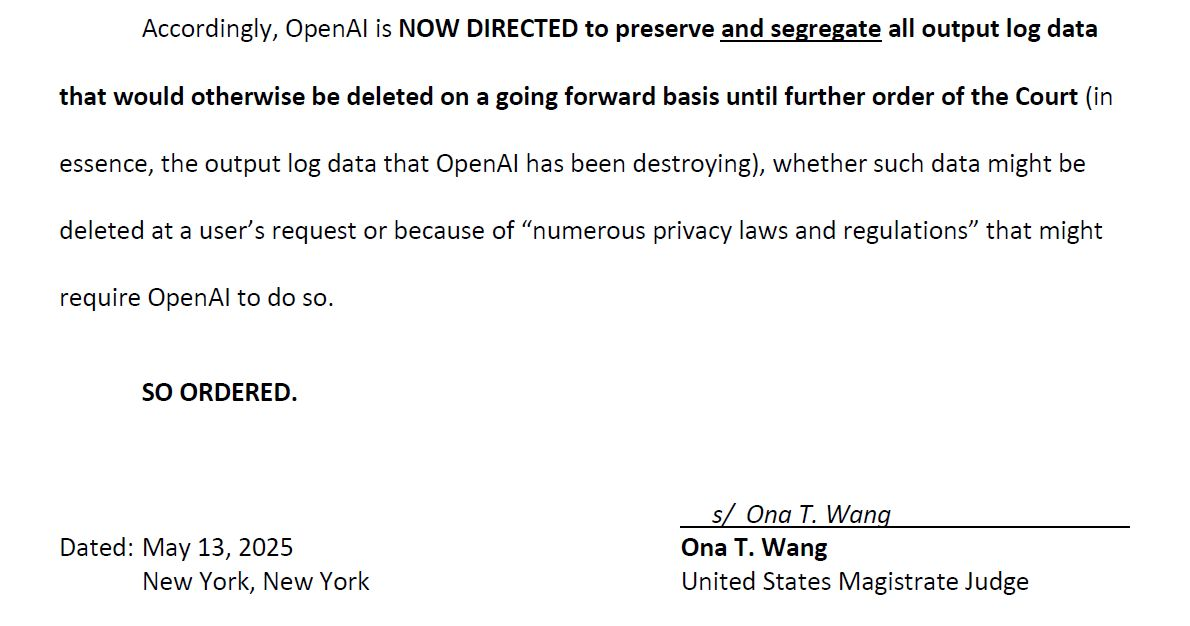Attorney (MD, DC) and programmer. Founder of:
Machine learning and other types of AI have been around for decades
“Recent” breakthrough is generative AI: generates new patterns and human-like output
Deterministic, data-driven response → Contextual, data-influenced educated guess
| DETERMINISTIC | PROBABILISTIC |
|---|---|
| Same Input == Same Output | Same Input != Same Output |
| Vending machine | Restaurant |
| Calculator | Search engine |
| Python script | LLM |
| Predictable | Creative |
Inherently inexact and unpredictable
Then why so effusive about AI?
Vast source of brilliant ideas and suggestions rather than omniscient truth
Collaborative problem-solving, not for blindly trusted automation (needs deterministic software)
A genius intern is not going to replace you for years
Low downside and high upside as a tireless assistant
Focus on quality and collaboration; AI output requires human review anyway
Try different products and stay nimble
"Legal AI" has few advantages without maintenance (in-house data training, custom agents, updates), niche usecases, or proprietary IP (Lexus, Westlaw)
General LLMs are the most powerful knowledge generators in history and continue to rapidly improve
Curated, professionally-vetted datasets are garnering massive investment
Invest time in your initial prompt to avoid backtracking
Remember, AI’s output is “probabilistic” — you’ll get different outputs for the same input
Don’t be afraid to repeat multiple times or to multiple models—or ask them to critique each other!
Context can also include your own writing, so the output is tailored to your style
Guide the model and more effectively structure the output:
<role>
You are an expert _______.
</role>
<task>
Create ________.
</task>
<instructions>
1. Read the attached context file and this prompt in their entirety, and ask any clarifying questions before responding.
2. ______
3. Ensure any research you perform is cited with links.
</instructions>
<context>
Attached is ____, and pasted below is _____.
</context>
Less emphasis on the instructions, more on the role, context, and task
Allow the model to be more creative and flexible, making it more helpful (especially as a mocked counterparty): overly precise instructions can make it predictable and similar to your own thinking
It may feel ridiculous, but try other human situational factors
If you get a wildly wrong or unexpected output, start over with a better initial prompt rather than trying to fix it and burning context window space
Pre-emptively reduce miscommunication and misdirection
If you want to reflect a style or voice in your prompt (such as attaching one of your own writings), tell the model! Audience can dictate formality and level of detail
Don't stress the formatting too much— models strip text into "tokens"
Reviewing and verifying is a duty that will not disappear; use the tech to help you (“point me to the statute/document”), but you are ultimately responsible
Specific usecases and "system prompts" for future use, with an organized naming convention.
Have the model write prompts for you!
Always assume the worst
Megatech companies with unprecedented compute power; there’s a reason they offer free versions:

Even fully local models are not immune to privacy risks - especially if they have internet access
Always risk of ancillary services collecting data and temptation to use personal accounts
Services may not provide advance notice or consent for privacy policy changes.
Human-in-the-loop is essential, as privacy/privilege in legal work is highly subjective and contextual (i.e., cannot be fully automated).
Once data enters a third party AI service, assume it's permanent and discoverable
"What differentiates your product from using privacy tools and general LLMs?"
Tell them the truth: you're using AI to improve the work product, without compromising your judgment, ethics, or privacy obligations.
If they’re using AI for legal-ish tasks, remind them of hallucination, limited context, and privacy/privilege issues.

... this is an actual response I received from ChatGPT in 2024.
Suggest honing questions and brainstorming areas of legal concern, or commercial/business/marketing strategy.
Win‑win: efficient intake, and clients appreciate reducing the bill and the empowerment
Share the best practices with them!
An unbelievable amount of intellectual power, with near-instant response time, and reasoning capabilities
You’re not getting replaced by AI—you’re getting superpowered
However, you might get outpaced by others that use AInterns if you don’t!
Also, it’s fun.
Talk to it like an interactive academic course or a podcast, learn something new with an infinitely patient and personalized assistant, have it stylize a presentation website...